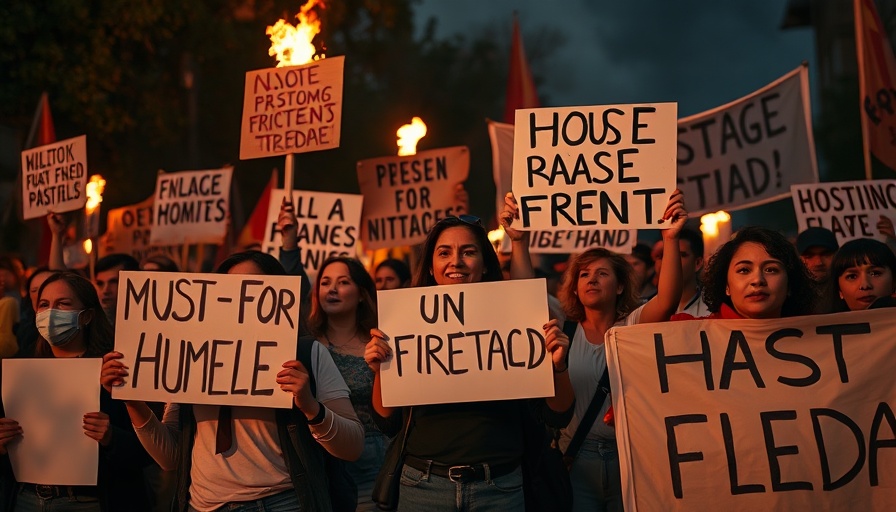
Rising Tensions in Tigray: A Battle for Control
Mekelle, the regional capital of Tigray, Ethiopia, stands at the brink of renewed conflict. A faction within the Tigray People’s Liberation Front (TPLF) has seized control of crucial government offices, including the mayor’s office and a local radio station. This escalation comes amid fears that the area may revert to the violence that marked its recent past, following a devastating two-year conflict that has left a profound mark on its citizens.
Historical Context: The TPLF's Internal Struggles
The political landscape in Tigray has been tumultuous since a peace agreement ended two years of intense fighting in November 2022. This previous civil war resulted in significant loss of life, with estimates of around 500,000 casualties. The peace deal saw the establishment of an interim administration led by Getachew Reda. However, growing rifts within the TPLF have given rise to factions that threaten the stability of the region.
Public Sentiment: Fear and Uncertainty
Residents in Mekelle and nearby cities are feeling the effects of this political turmoil. Reports indicate that citizens are withdrawing money from banks and stocking up on supplies as they fear for their safety and the prospect of violence returning. A Mekelle resident described the situation as "frightening," highlighting the pervasive anxiety gripping local communities.
The Call for Federal Intervention
In light of these developments, Getachew has called on the Ethiopian federal government for assistance, expressing deep concerns over potential chaos. The request for federal help underscores a significant concern that without intervention, the region could slide back into conflict, undermining the hard-won peace.
External Influences: Speculations and Accusations
Getachew has also suggested that external forces, particularly the Eritrean government, could be involved in exacerbating the instability. This accusation arises from the complex historical interplay between Ethiopia and Eritrea, particularly during the Tigray conflict. While Eritrea denies such involvement, the potential for foreign influence complicates an already delicate situation.
Diverse Perspectives: Views from Within
Despite the fears of conflict, supporters of Debretsion Gebremichael, the rival faction leader, argue that accusations linking them with external interventions are unfounded. They stress their commitment to restoring stability rather than perpetuating chaos. This divergence in perspectives illustrates the complexity of Tigray’s political environment as factions vie for power.
What Lies Ahead: Future Predictions for Tigray
As tensions escalate, analysts suggest that maintaining peace in Tigray will depend heavily on national and international stakeholders’ actions. The situation requires vigilant observation, with many hoping for a diplomatic resolution that can avert further conflict.
The current scenario illustrates just how vital it is to closely monitor the developing political climate in Tigray. For those invested in the region's stability, whether for humanitarian reasons or geopolitical interests, the unfolding dynamics present both challenges and opportunities for intervention and support.
 Add Row
Add Row  Add Element
Add Element 



Write A Comment